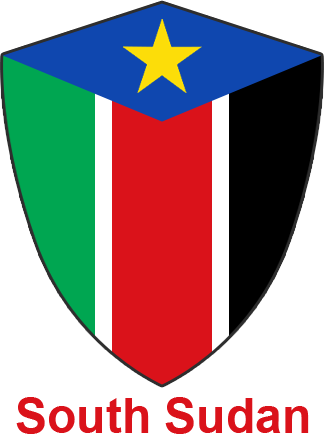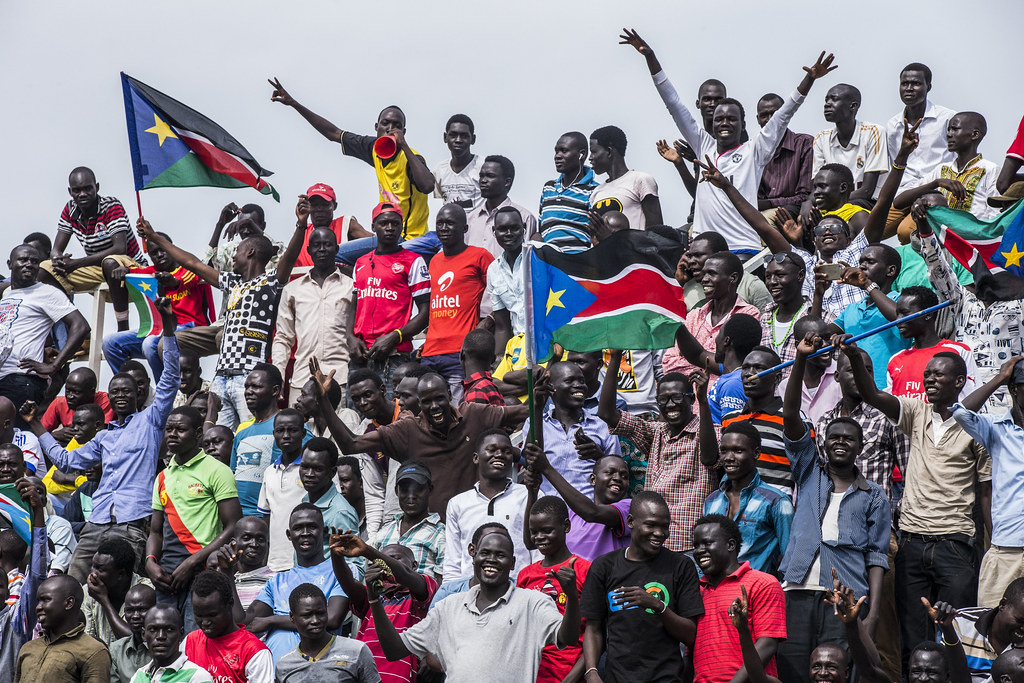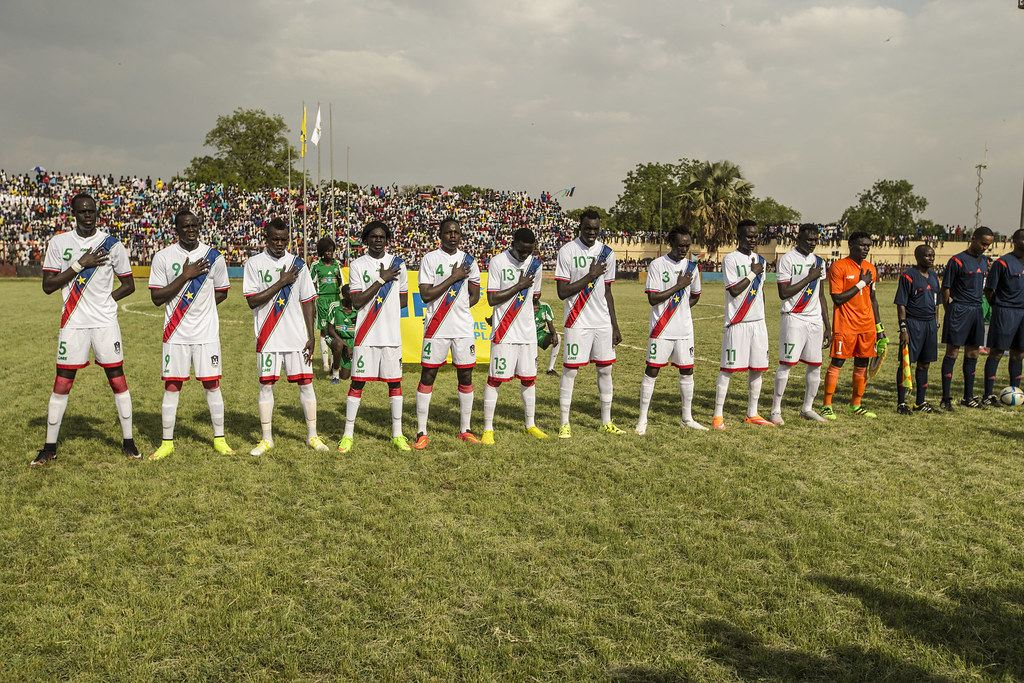South Sudan is still the youngest country in the world, having gained independence from Sudan in 2011 after a protracted struggle. Having been controlled by Egypt and then the British, the Southern Sudanese fought two civil wars gaining greater autonomy and at last independence. It was then riven by civil war, but in February 2020, a power-sharing agreement between factions was broken, meaning that for the first time the future is looking bright.
The football team is nicknamed the Bright Stars, but whereas South Sudan might be the newest country in the world, it is not the more recent new FIFA member, with both Kosovo and Gibraltar joining in 2015.
Domestic Football in South Sudan
For a country that has been wracked with civil war, the domestic scene has at least maintained its existence. The first championship was held in 2011 after the country became independent, and seven provincial champions competed in the inaugural South Sudan Football Championship. Al-Salam FC were the winners, before becoming the first team to compete in an international, regional tournament. They won the league and cup double in 2017.
The main team to dominate has been Atlabara FC, from Juba – the capital of South Sudan. They won the title in 2013, 2015 and 2019, and represented South Sudan in the African Champions League, albeit eliminated in the first round each time.
However, the fun fact of your week is that the team’s name, Atlabara, literally means “Get Out” in Arabic. During the war for independence, the Sudanese military occupied this suburb of Juba and shouted the order for every man to “get out” their house. It is a name thus laced with history and memory.
Women’s football in South Sudan has trailed the men’s game somewhat, with women and girls facing all sorts of cultural barriers to playing the sport, although there are signs of hope.
Who are the best South Sudanese footballers?
James Moga, now retired, is the record goalscorer for South Sudan, having scored 6 goals. He also scored 5 for Sudan before South Sudanese independence.
Many South Sudanese players grew up as refugees and are based outside the country. David Majak escaped to Kenya at the age of 7 and settled there, playing football for Kenyan Premier League team Tusker FC.
And there is an interesting South Sudan-Australia connection.
In the autumn 2019 rounds of qualifiers, they named a 32-man squad that featured 12 Australia based players, including two who previously played for Australia’s under-23s and one who played for Norway Juniors. Abraham Majok and Ruon Tongyik both play for Central Coast Mariners in the Australian A-League, and Tokmac Nguen was born as a refugee in Kenya and then grew up in Norway playing for their under-18s.
A large number of South Sudanese players come from refugees, including those who settled in Australia. South Sudanese born Thomas Deng and Awer Mabil both made their debut for Australia in 2018.
What’s their stadium like?
Juba Stadium is under renovation, and the plan is for a 35000 seater national stadium to be ready soon, replacing the old 7000 capacity arena built-in 1962.
Due to the civil war in South Sudan since independence, most of their home games have been played in Khartoum, Sudan, but with peace on the horizon, the hope is that football will return to Juba once more.
Join YPT on our annual South Sudan Essentials Budget Tour, our South Sudan Extended Tour or our Sudan and South Sudan Combo Tour








